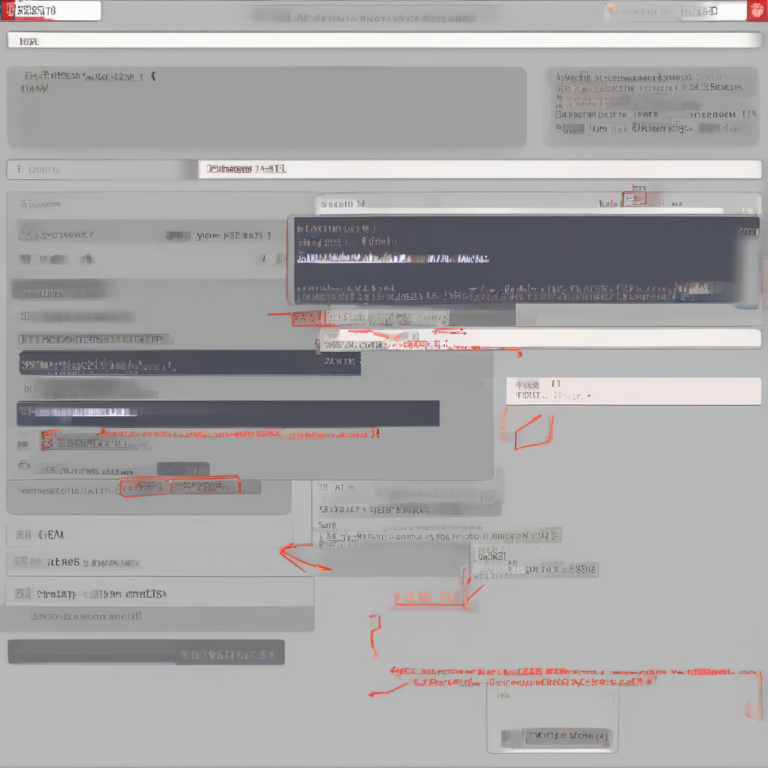Decoding the World of Brokers for Day Trading: A Comprehensive Guide
Decoding the World of Brokers for Day Trading: A Comprehensive Guide
Day trading, the practice of buying and selling securities within the same trading day, demands a robust and reliable brokerage platform. The choice of broker significantly impacts a day trader’s success, influencing everything from execution speed and order types to charting tools and research capabilities. This comprehensive guide delves into the crucial aspects of selecting a broker specifically tailored for the fast-paced world of day trading.
Key Features of a Day Trading Broker
- Low Commissions and Fees: Day trading often involves numerous trades, making commission costs a significant factor. Look for brokers with competitive commission structures, ideally offering per-share pricing or tiered pricing that reduces costs with increased volume. Avoid brokers with high inactivity fees or minimum balance requirements.
- Fast Order Execution: Speed is paramount in day trading. A broker’s order execution speed directly affects a trader’s ability to capitalize on fleeting market opportunities. Look for brokers boasting low latency and advanced order routing technologies.
- Advanced Trading Platforms: A sophisticated trading platform is essential. The platform should offer real-time market data, charting tools with customizable indicators, advanced order types (limit, stop-loss, stop-limit), and the ability to easily manage multiple positions simultaneously. Consider platforms with features like Level II market data, which provides a deeper understanding of order flow.
- Robust Research and Analysis Tools: Access to reliable and comprehensive market research is vital for informed trading decisions. The broker should provide tools for technical analysis, fundamental analysis, and economic calendar access. Consider platforms with integrated news feeds, analyst ratings, and company financial data.
- Excellent Customer Support: When things go wrong, quick and efficient customer support can be invaluable. Choose a broker with multiple customer support channels (phone, email, live chat) and a reputation for responsive and helpful service.
- Margin Accounts and Leverage: Day trading often involves using margin accounts to amplify trading potential. However, margin trading carries significant risk. Understand the margin requirements and interest rates of different brokers, and choose one that aligns with your risk tolerance and trading strategy.
- Account Minimums and Requirements: Some brokers have minimum account balance requirements, which can be a barrier for new traders. Others may have specific requirements for day trading accounts. Clarify these requirements before opening an account.
- Regulation and Security: Ensure the broker is regulated by a reputable financial authority, guaranteeing the safety of your funds and adherence to industry standards. Check the broker’s financial stability and history of regulatory compliance.
- Educational Resources: Many brokers offer educational resources for traders of all levels. Consider a broker that provides webinars, tutorials, articles, or access to experienced mentors. This can prove invaluable in enhancing your trading skills.
- Mobile Trading App: The ability to trade on the go is crucial for day traders who need to react to market changes quickly. A user-friendly and feature-rich mobile app is a significant advantage.
Types of Brokers for Day Trading
- Discount Brokers: These brokers offer low commissions but may have limited research and educational resources. They are ideal for experienced day traders focused on minimizing costs.
- Full-Service Brokers: These brokers offer comprehensive research, educational resources, and personalized financial advice, but generally charge higher commissions. They may be suitable for less experienced day traders seeking support and guidance.
- Interactive Brokers: These brokers often provide a wide range of products and services, including advanced trading platforms and sophisticated tools, catering to active traders.
- Proprietary Trading Firms (PTFs): PTFs offer funding to traders in exchange for a share of profits. This option carries considerable risk, but can be attractive to highly skilled traders looking for substantial capital.
Factors to Consider When Choosing a Broker
- Trading Style: Your trading style (scalping, swing trading, etc.) influences your broker selection. Scalpers require exceptionally fast execution speeds, while swing traders may prioritize research and analytical tools.
- Trading Volume: The number of trades you anticipate making will affect your choice of commission structure. High-volume traders may benefit from brokers with tiered commission rates.
- Technological Proficiency: The complexity of the trading platform should match your technological skills. If you’re not comfortable with advanced platforms, a simpler, user-friendly interface is preferable.
- Risk Tolerance: Your risk tolerance should guide your decision regarding margin accounts and leverage. Avoid excessive leverage unless you have the experience and discipline to manage the associated risks.
- Account Size: Your account size determines your access to certain features and services. Some brokers may offer benefits to traders with larger accounts.
- Reputation and Reviews: Before choosing a broker, research its reputation and read reviews from other traders. Look for brokers with a consistent track record of reliable service and responsive customer support.
Avoiding Scams and Choosing Reputable Brokers
The day trading industry attracts fraudulent schemes. It’s crucial to exercise caution and verify the legitimacy of any broker before entrusting them with your funds. Look for these red flags:
- Unrealistic Promises of High Returns: Be wary of brokers guaranteeing high profits or unrealistic returns. No investment is risk-free, and any broker making such claims is likely a scam.
- High-Pressure Sales Tactics: Legitimate brokers will not pressure you into making quick decisions. If a broker uses aggressive sales tactics, it’s a warning sign.
- Lack of Transparency: A reputable broker will be transparent about its fees, regulations, and risk disclosures. Avoid brokers who are secretive or evasive about these details.
- Poor Customer Support: Difficulty contacting customer support or receiving inadequate responses is a serious red flag.
- Negative Reviews and Complaints: Research the broker online and look for negative reviews or complaints from other traders. A large number of negative reviews should raise concerns.
Choosing the Right Broker: A Step-by-Step Guide
- Define Your Trading Goals and Style: Determine your trading style (scalping, day trading, swing trading) and the specific securities you plan to trade (stocks, futures, options).
- Research Potential Brokers: Compare different brokers based on their commission structures, trading platforms, research tools, and customer support.
- Check Broker Regulation and Security: Ensure the broker is regulated by a reputable financial authority and has a strong financial track record.
- Test the Trading Platform: Most brokers offer demo accounts allowing you to test the platform without risking real money.
- Review Customer Support: Contact customer support to assess their responsiveness and helpfulness.
- Read Reviews and Testimonials: Gather feedback from other traders to get a broader perspective on the broker’s services.
- Open an Account: Once you’ve chosen a broker, carefully review the account terms and conditions before opening an account.
Conclusion (Note: This section is excluded as per instructions)





